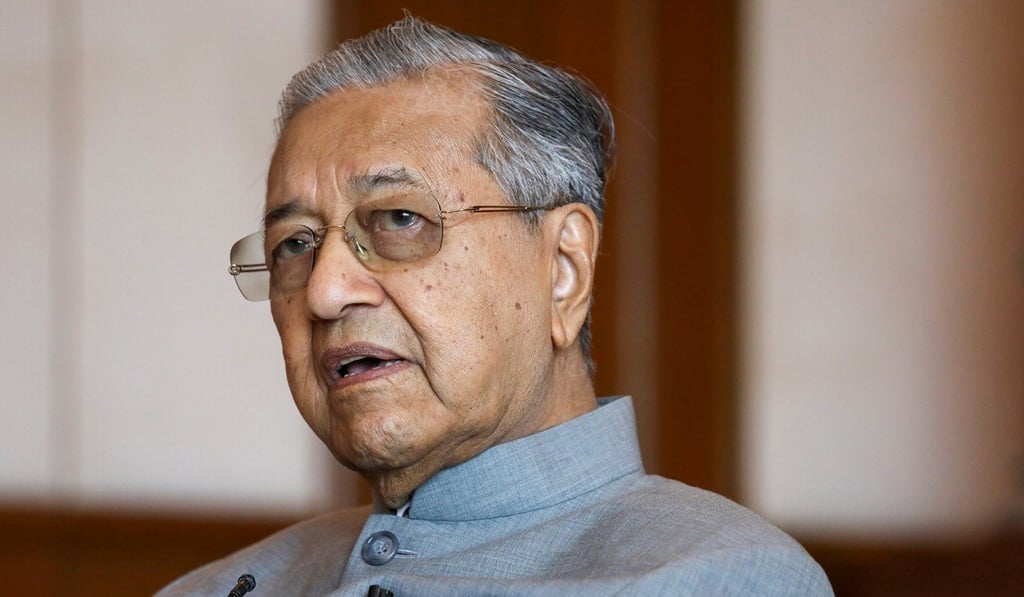Advertisement
Analysis | Soleimani killing: what is Malaysia’s aim in call for Muslim unity?
- Prime Minister Mahathir Mohamad swung behind Tehran following Trump’s assassination of the Iranian general
- He has also risked the ire of Saudi Arabia by likening the event to the murder of journalist Jamal Khashoggi
3-MIN READ3-MIN

Malaysian Prime Minister Mahathir Mohamad may have come out strongly in support of Iran following Washington’s assassination of one of its top military commanders, but analysts believe he will still be keen to avoid incurring the wrath of Tehran’s arch rival Saudi Arabia.
Mahathir on Tuesday blasted the Trump administration’s targeted killing of General Qassem Soleimani as “immoral” and warned it could lead to an escalation in “what is called terrorism”.
“We are no longer safe now. If anybody insults or says something that somebody doesn’t like, it is alright for that person from another country to send a drone and perhaps have a shot at me,” he said, comparing the incident to the murder of journalist Jamal Khashoggi, a critic of Riyadh who Saudi Arabia is widely suspected to have assassinated.
Advertisement
Those remarks are unlikely to have gone down well in Riyadh, which is still smarting from Malaysia’s decision to host a global Islam forum in December – an event it saw as stealing the thunder of the Saudi-backed Organisation of Islamic Cooperation.

Advertisement
But analysts said Mahathir’s remarks should be seen in the context of his administration’s long-held and sometimes controversial emphasis on ummah, or Muslim community, in foreign policy, rather than as a signal of shifting allegiances.
Advertisement
Select Voice
Select Speed
1.00x